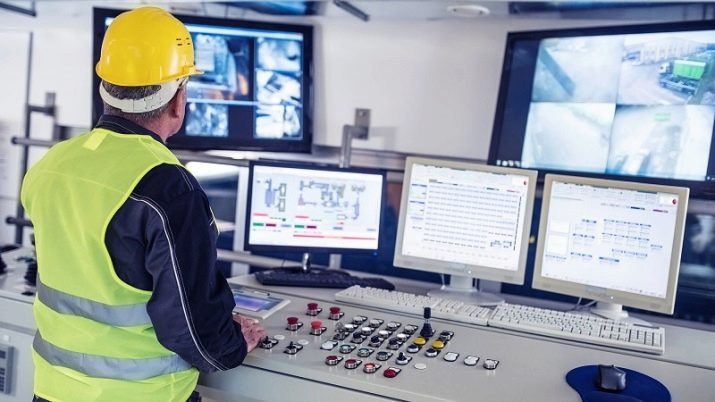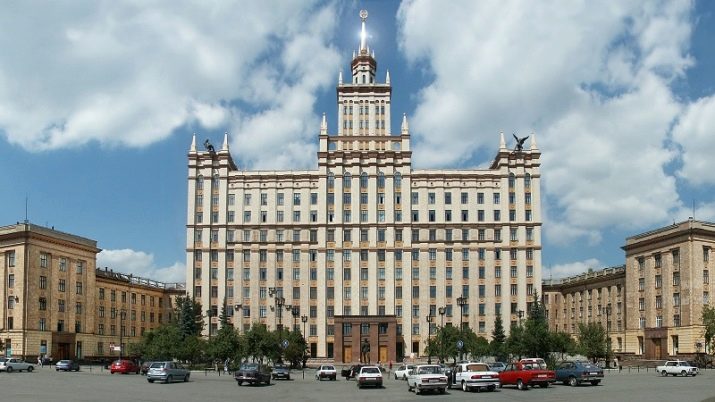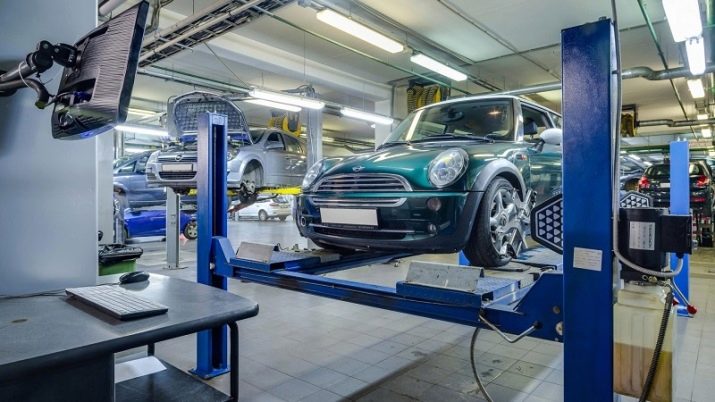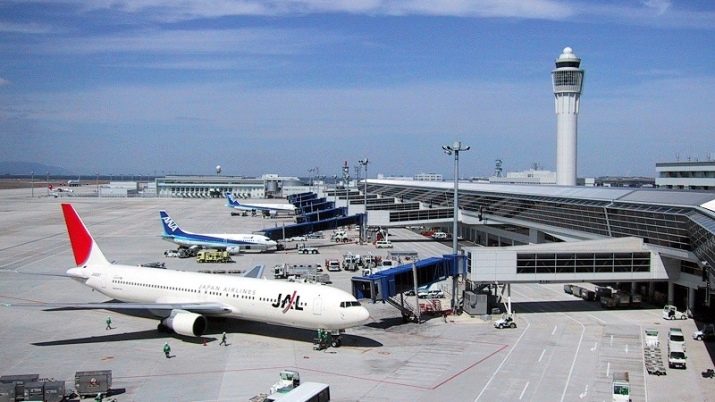Maintenance engineer: features of the profession and job description

It is usually believed that engineers only create new machines and devices, or control their creation. But the operations engineer is out of the ordinary. Finding out the main features of the profession, the provisions of the job description and other subtleties is useful to everyone who decides to associate themselves with this work.
Who is that?
First you need to understand the essence of the position itself. The maintenance engineer, as the name implies, controls the technically competent use of various equipment and communications. He is also responsible for ensuring that all objects that fall under his jurisdiction work flawlessly in any situation. Objects can be understood as:
- residential, office, industrial and other buildings;
- individual machines and apparatus;
- production lines;
- transport, energy, information communications;
- life support systems;
- security and emergency systems;
- vehicles and equipment installed on them.

Pros and cons of the profession
It is quite obvious that such a wide field of activity opens up solid prospects for employment. An operation engineer can work in any region of our country, in rural areas and in cities, in public and private organizations. And even abroad. The need for specialists in the economic plan is not decreasing, but growing, because the total amount of equipment used is only increasing. The improvement of technical systems allows you to constantly grow professionally.
But there are, of course, negative sides. The responsibility of the operation engineer is very high... And he cannot console himself with the thought, as a design engineer, that someone else will deal with problems and errors. A "miracle" is often expected from such an employee - to work "like a clock" heavily worn out, poorly thought out objects and structures. The working day is not always standardized. You have to control literally every little thing.... You will also have to study all the new and new professional information. Otherwise, it will not be possible to assess the current situation correctly. And the slightest mistake sometimes threatens not only financial costs, but also much more serious losses.
Much depends on how the employee places himself in relation to his subordinates, how well he will coordinate their work - and this is very difficult.
It is also worth noting:
- the fascinating nature of a number of tasks, elements of creativity;
- the ability to work even for people with disabilities;
- increased risk of injury and harmful effects of work factors.

Job responsibilities
The typical operating instructions for an engineer say that he is one of the specialists, whose responsibilities usually include the following items:
- management of the day-to-day technical operation of an object or group of objects;
- providing technical assistance to employees of other services and structural divisions of the organization;
- drawing up and adjusting plans, repair schedules, surveys;
- control of the correct use of equipment;
- elaboration of measures to improve the reliability of technological infrastructure;
- timely elimination of violations during operation (independently and / or with the help of subordinates);
- assistance in drawing up applications for equipment, various material resources, spare parts;
- distribution of the necessary funds and material resources between workshops and other divisions;
- preparation of operational, repair and emergency instructions;
- control over the fulfillment of basic operational requirements;
- tracking that at the workplace there are always the necessary diagrams and drawings, if necessary - that they are corrected;
- preparation of opinions on rationalization proposals and inventions;
- participation in certification of workplaces;
- generalization of the experience of positive and negative exploitation, its creative application in the future.
Also maintenance engineers:
- participate in commissions for the investigation of any emergency situations;
- take into account accidents and failures, prepare reports and memoranda on them;
- monitor the implementation of protective, emergency and repair measures;
- accept new and renovated, restored property;
- consider and agree on construction, installation, restoration projects;
- help to monitor compliance with environmental parameters;
- participate in trainings to identify and eliminate emergency situations, their main consequences.

Requirements
The main provisions that the maintenance engineer must comply with is established by the professional standard for the maintenance of buildings. The specialist must be constantly ready for a situation when the help of emergency teams is needed. In this case, he will have to fully interact with them. And for this you need to understand at least:
- a complete list of hazardous and harmful factors, points at the facility;
- key risks for major structures, equipment and technical systems;
- the degree of depreciation of the object's fixed assets;
- the staffing table of the organization;
- measures taken to prevent and eliminate emergencies;
- basic capabilities, structure, powers, methods and methods of work of emergency rescue services, units;
- first aid rules.
Like any other engineer, it is very important to have Internet skills, to be able to use a computer and its software for professional purposes.It is imperative to understand the language of drawings and diagrams, formulas and graphics.

The operating procedure is determined by a whole series of documents., both on the scale of the structural unit and the organization as a whole, region, department, country, even on an international scale. All this must be known clearly and in current versions. Another requirement for the operations engineer is the ability to always turn a situation with the lowest cost and maximum benefit.
He needs to own:
- skills in drawing up and reading working, design and engineering documentation;
- general workflow skills;
- the ability to coordinate the work of many people and structural units;
- the ability to control the progress of work at the facility, identify shortcomings and find the right ways to eliminate them;
- basic information about the technology of work, about the dangers and risks associated with it;
- methods of visual, instrumental examination of technical systems;
- methods of destructive and non-destructive testing of the health of these systems, their individual parts;
- operating rules for specific equipment and property;
- requirements for the verification of various property and tools.

Education
You can get training for an operation engineer in a variety of educational institutions in our country. But among them it is worth highlighting:
- St. Petersburg University of Industrial Technologies and Design;
- SUSU;
- MEI;
- DFU;
- Samara Research University named after Korolev;
- Bashkir University;
- MISIS;
- MSTU;
- Stankin;
- Pacific State University;
- Voronezh Technical University;
- Kazan Research University named after Tupolev.

Where can you work?
As stated, the job of a field engineer is very widespread. In fact, he can find a place for himself wherever it comes to this or that equipment. This is not only about industry (although usually such a position concerns a service or department at an industrial enterprise, at an energy or transport facility). Operations engineers are needed even in cellular companies. There, their main role is to maintain the serviceability of base stations, without which any such company has no slightest value.
But it is not at all necessary to climb somewhere on the roof or on the tower systematically. Modern telecommunications firms are highly dependent on servers and computer networks. And it is impossible to take care of them properly only at the program level. The figure of the maintenance engineer reappears. Another place where you can definitely find it is any organization in the field of motor transport.
Machines can transport people, various loads or be used for technological operations on site - to drill the same wells or to sweep roads. But all this is unthinkable without the complete serviceability of all components. Yes, and the structures, the tool of car services constantly have to be monitored. And another not quite expected at first place for an operation engineer is work at a school. After all, large buildings with serious technical equipment are also used there. And all such components need constant, close control. Especially if we talk not about an ordinary, but about a specialized school - flight, automobile, sports and similar institutions.
But if you move from classrooms to an office business center, then you can't do without an operation engineer.

Only he will be able to ensure normal operation:
- ventilation;
- elevators;
- distribution networks.
Of course, such a specialist is also expected in companies producing, repairing and setting up the corresponding equipment, as well as in the utilities. By the way, we must not forget about the maintenance of ventilation systems in industry and other areas where there are special risks. For example, somewhere it is unacceptable to get even small particles from the outside (as in a "clean room").And somewhere else (for example, in a biological laboratory), the release of contaminated air to the outside is already dangerous. All this and many other nuances can only be taken into account by a specialist.
And what about the operation of oil and gas facilities, oil and gas pipelines, oil product pipelines, storage tanks, rectification columns. The combination of huge amounts of flammable and explosive, sometimes directly toxic substances with high temperatures and pressures requires a sophisticated balance. Once again, only a trained engineer will help minimize risks, achieving effective work. The same applies to the machine and tractor fleet in road and municipal organizations, in the field of agriculture. Sometimes it’s worth missing out on just one machine, or even a single part, and the entire organization’s work in a few months is at risk.
If even this is not enough for the operation engineer, he can also try himself:
- at airports;
- at train stations and bus stations;
- in river and sea ports;
- at military and special airfields;
- at shipyards;
- in management companies;
- at power plants;
- in mills;
- in amusement parks;
- in shopping and shopping and office centers.









